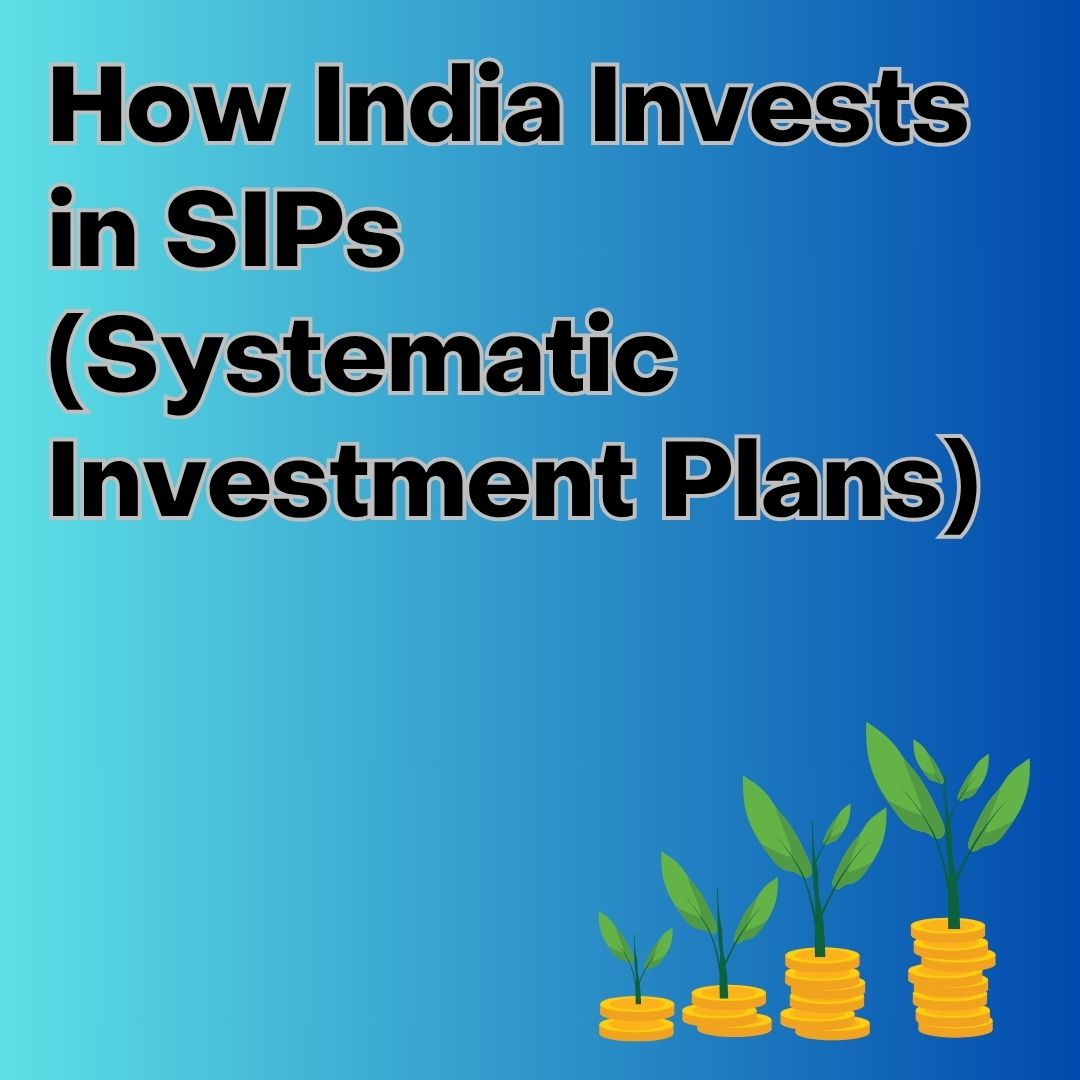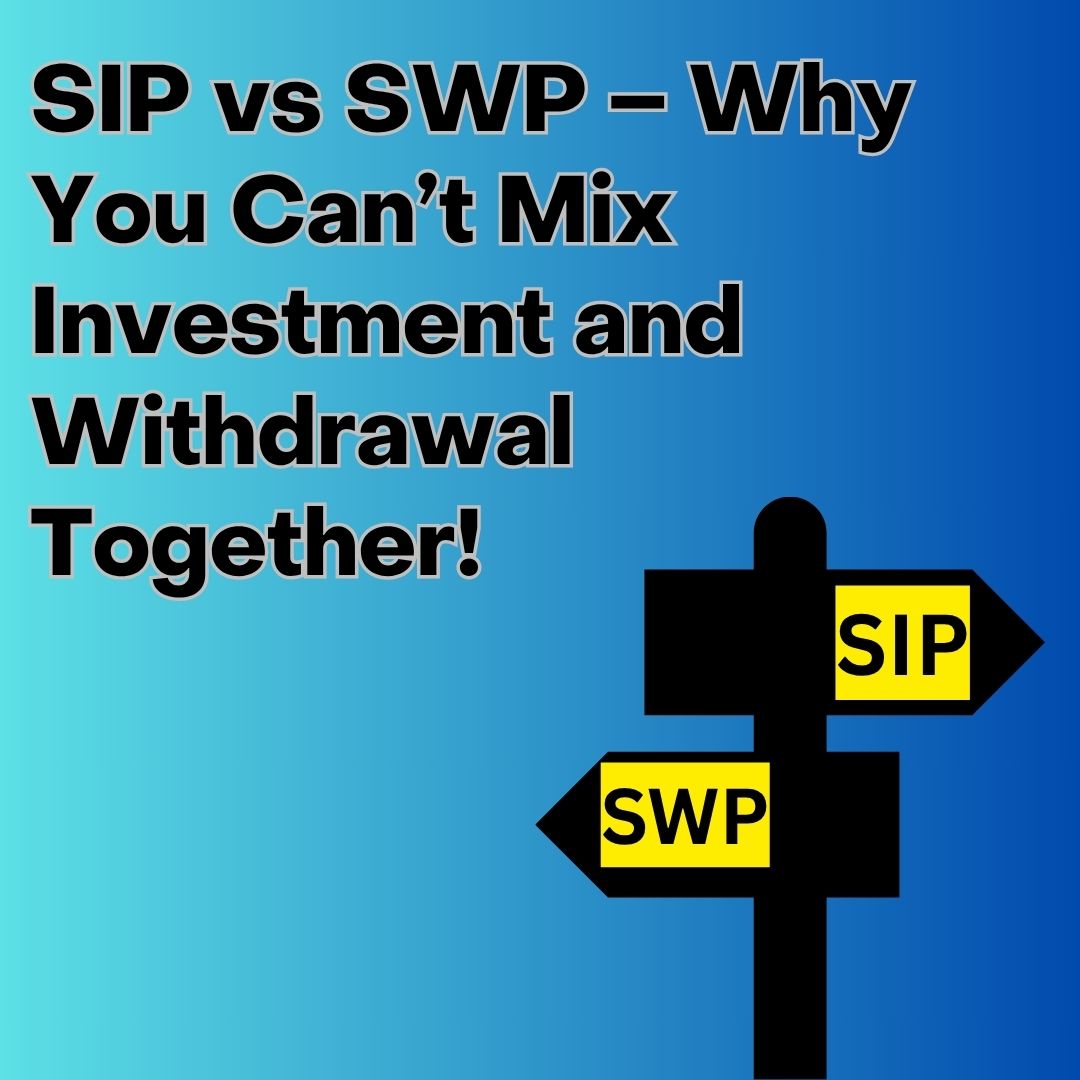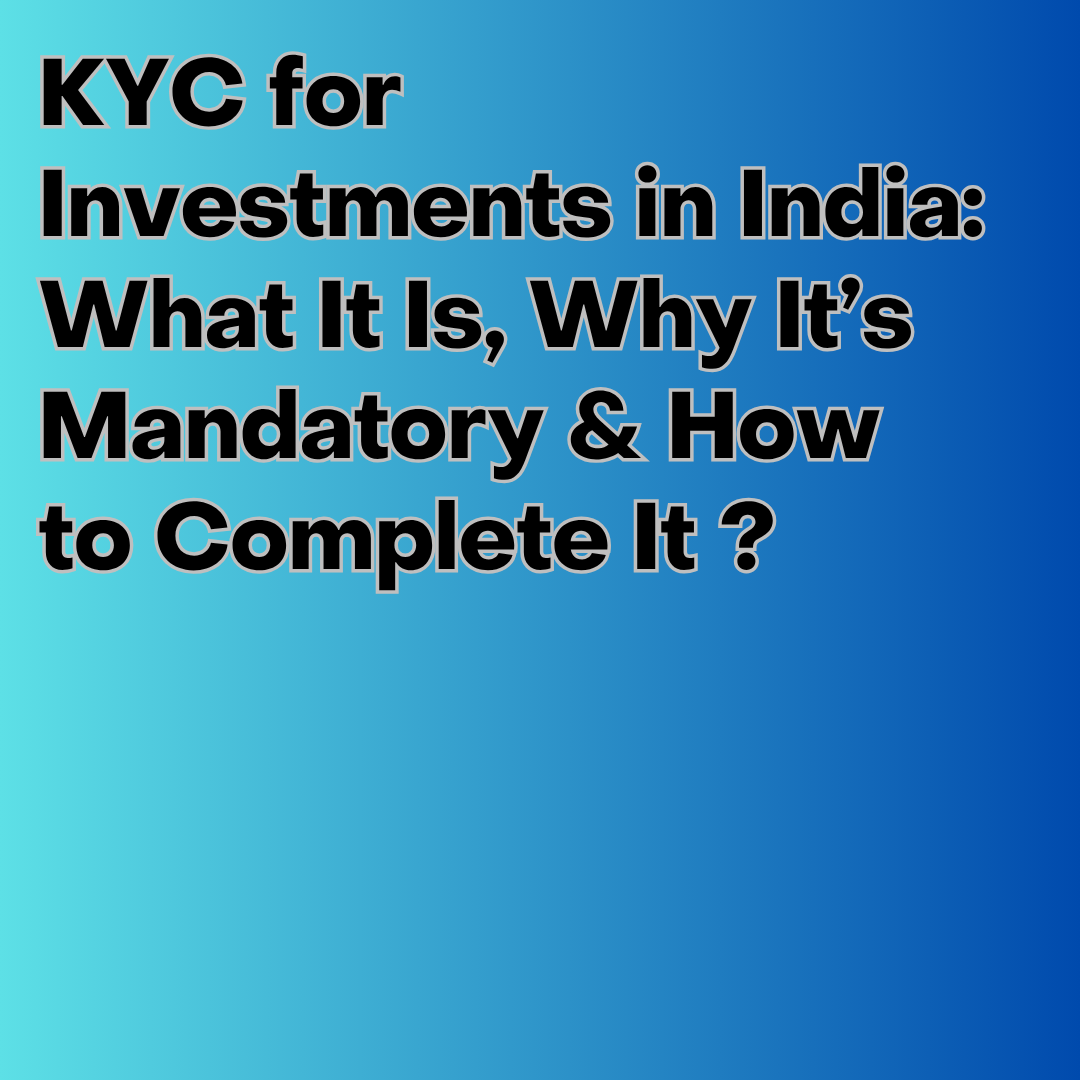What Happens When a Mutual Fund Closes?

When we invest our money, one of the most important expectations is stability. Just like we trust reliable brands when buying a product, we want the fund house and scheme we invest in to be around for years, taking care of our hard-earned money.
But the reality is that, like any other business, mutual fund companies and schemes can close down or merge. While this might sound worrying, the good news is that the Securities and Exchange Board of India (SEBI) has laid down clear rules to ensure that if a mutual fund shuts down or schemes are merged, the process is carried out in a structured and investor-friendly way.
In this blog, we’ll explain why a mutual fund might close, what happens to your investments in such cases, and how you, as an investor, should handle these changes.
Why Can a Mutual Fund Shut Down?
There are mainly two reasons:
1. Exit of a Fund House from the Business
Over the years, several domestic and international fund houses have entered the Indian market. But some of them have also chosen to exit later, either because of business strategy changes, lack of scale, or other corporate reasons.
This exit usually happens in three ways:
- Business sold to another fund house
In this case, the fund house sells its operations to another AMC. The acquiring AMC may decide to merge overlapping schemes, continue running the existing ones, or close some funds. For example, when Fidelity exited India, its schemes were taken over and merged with those of L&T Mutual Fund.
- Business sold to a joint venture partner
Many fund houses operate as joint ventures. If one partner exits, the other partner takes full control. For instance, when Nippon Life bought out Reliance Capital’s stake, Reliance Mutual Fund was renamed Nippon India Mutual Fund. In such cases, the schemes usually continue with only a change in branding, while fund managers and investment strategies remain largely the same.
- Business sold to a new entrant
Sometimes, a non-mutual fund entity acquires the business. For example, Yes Asset Management was sold to GPL Finance and Investments. In such cases, the schemes continue but under new ownership and management.
2. Merger of Schemes within the Same Fund House
Another common reason for a scheme to shut down is when an AMC merges two of its own funds. This often happens to comply with SEBI’s rule that an AMC can only have one scheme per category.
For example, in 2018, when SEBI introduced categorization guidelines, many AMCs merged similar schemes. A case in point was Aditya Birla Sun Life Tax Savings Plan merging into Aditya Birla Sun Life Tax Relief ’96.
What Happens to Your Investments?
Now comes the most important question: if a mutual fund shuts down or merges, what happens to your money?
Here’s how it works depending on the scenario:
When a fund house exits and sells its business
- If the acquiring AMC closes a scheme, you receive a payout equal to the Net Asset Value (NAV) of your units as on the closure date.
- If the acquiring AMC continues the scheme, you remain invested. The scheme may just get a new name or fund manager.
- If the schemes are merged, you get units of the new or surviving scheme. Importantly, SEBI rules give you an option to exit without paying exit load within 30 days of the merger announcement.
When two schemes within the same AMC are merged
- One scheme ceases to exist, and its assets are transferred into the surviving scheme.
- Investors of the discontinued scheme are given two choices:
- Exit within 30 days without paying any exit load.
- Stay invested and receive equivalent units of the surviving scheme.
What Should Investors Do?
If you face such a situation, here are some steps to consider:
- Stay calm – Your money is not lost. The closure or merger is a regulatory process.
- Understand the new scheme – Review its investment objective, risk profile, and performance track record.
- Check alignment with your goals – If the merged or continuing scheme fits your financial plan, you can stay invested.
- Use the exit option if needed – If it doesn’t match your requirements, redeem during the no-exit-load window and reinvest in a more suitable fund.
- Consult an advisor – If you’re unsure, take professional guidance before making a decision.
Final Word
The closure of a mutual fund scheme or the exit of a fund house may initially feel unsettling, but SEBI has ensured that investors are well protected. You are always given a choice—to continue with the new scheme or to exit without penalty.
At Blissmoney, we believe that investors should approach such changes with a clear head. Sometimes, a merged fund or new management may even improve performance over the long term. But if it doesn’t align with your strategy, you always have the freedom to move your money elsewhere.
The key is to stay informed, evaluate your options, and make decisions that keep your financial goals on track.
































